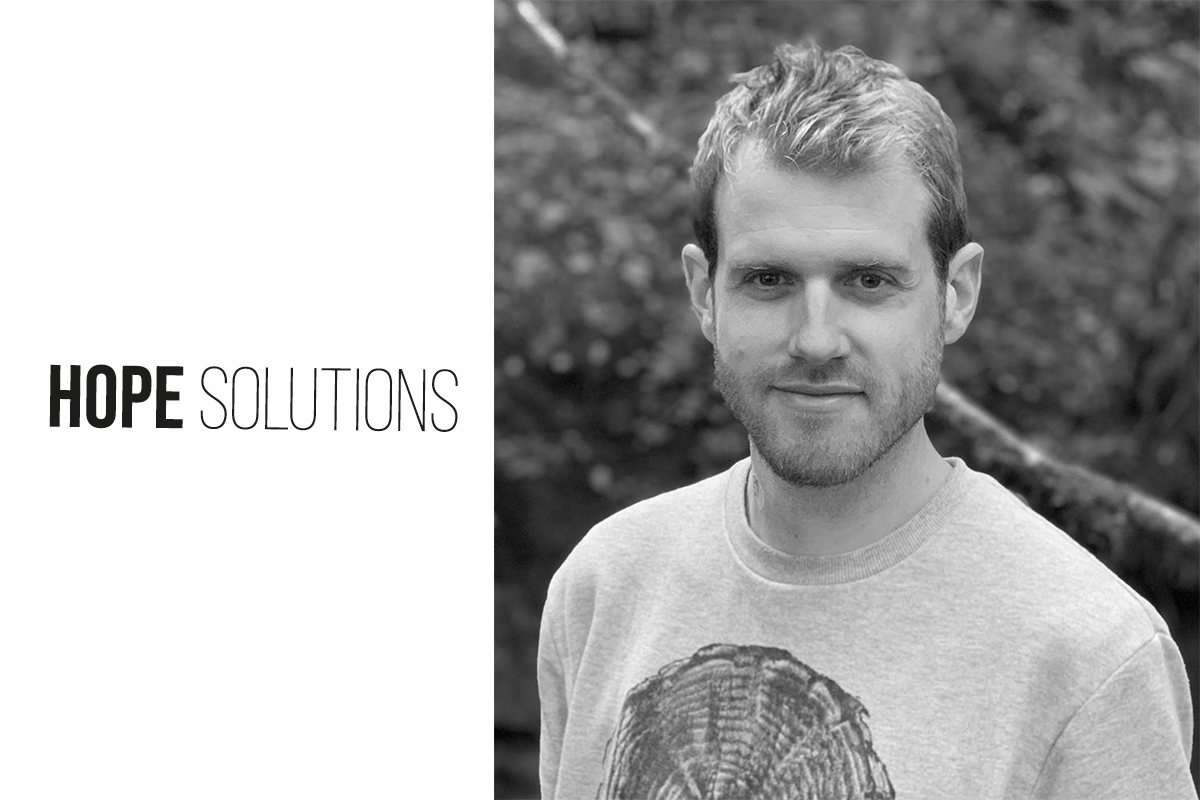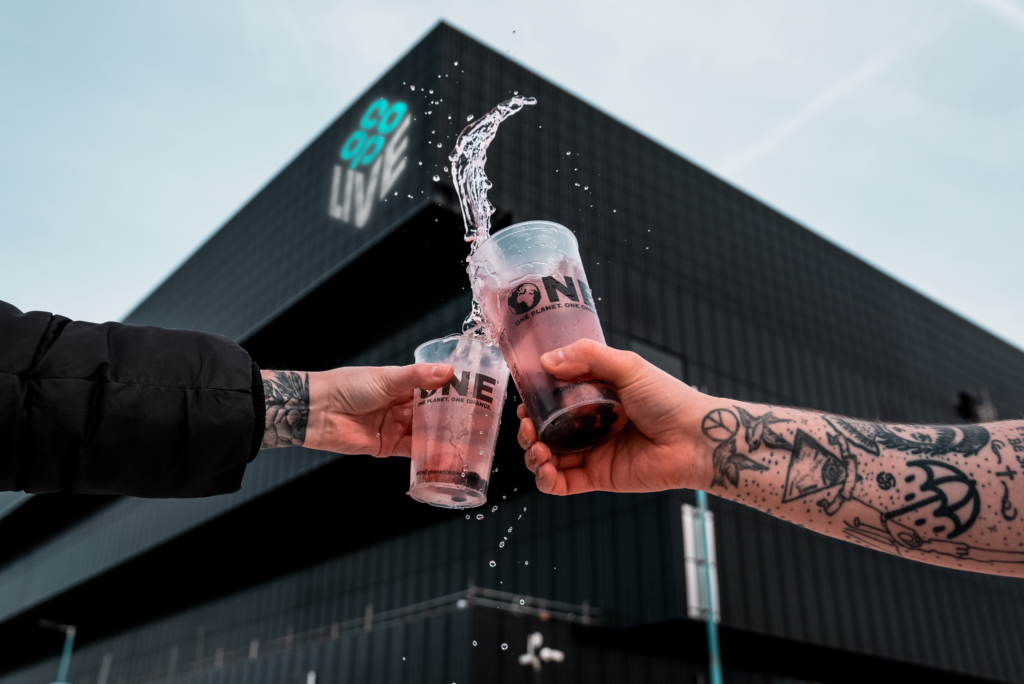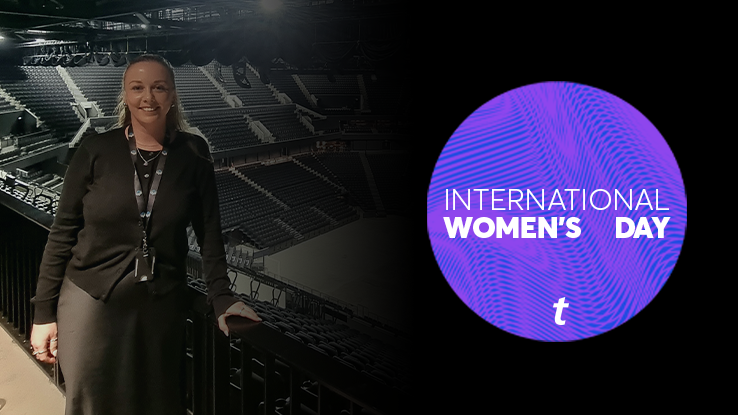To mark Earth Day 2022, we chat to Luke Howell, Founder & Director of Hope Solutions, consultants to music industry sustainability leaders such as Coldplay and Glastonbury, who are working with Co-op Live to deliver the arena’s net-zero carbon ambitions.
Co-op Live plans to be the UK’s most sustainable arena. What are the key sustainable features that will push it above all the rest?
Co-op Live is thinking about sustainability from a building and operational perspective as well as from a fan and artist experience to collectively reduce their environmental impacts and achieve a carbon neutral ambition. Sustainability is about more than just reducing climate change impacts, it encompasses land use, water, biodiversity and a whole host of other things and Co-op Live is looking at this through multiple lenses. They are generating their own power using solar and collecting Manchester’s rain to flush the loos and irrigate their biodiversity ring around the site. The venue will be using smart-tech within their building to drive energy efficiencies and looking at sustainable sourcing, zero waste strategies as well as sustainable fan journeys.
Co-op Live will also be the first all-electric arena in the UK. What are some of the less sustainable non-electric elements to a venue which might not always be thought of?
HVAC (heating and aircon) is something that normally uses a lot of fossil-fuel derived energy, so the all electric systems and heat pumps running on renewable energy will make a big difference to lower the venue carbon footprint. Using electricity means the venue has more control over its carbon footprint as it can generate its own power via onsite renewables and source 100% renewable energy from leading suppliers.
Hope Solutions will support Co-op Live to create a ‘planet friendly rider’. What will this entail?
It’s early days in our collaboration but we want to inform artists of the building’s power and equipment and guide people’s travel in the most low carbon ways. We hope to create a support tool that provides advice whilst also making it clear to artists what is and isn’t acceptable (from a sustainability perspective) inside the venue.
Are any of the sustainability actions Hope Solutions developed on the Coldplay tour or Glastonbury applied in the plan for Co-op Live?
The key impact areas are nearly always the same whether it’s an event, festival, tour or venue (or even day to day life); energy, resource use, waste, travel, water use. Each has to be tackled in a slightly different way depending on the project but as with forward thinking festivals and tours, Co-op Live will focus on emissions reductions and mitigations. Coldplay and Glastonbury have led from the front in their fields and Co-op Live will do similar for venues, working towards creating the paradigm shift that is needed in the music and culture industry.
How will Hope Solutions work with Co-op Live to help power further success for sustainable tours, venues and events across the globe?
The sustainability programme being developed by Co-op Live compliments work happening at group level within OVG who clearly have an ambition to create a blueprint that can support the wider industry to be more planet friendly. Working with all these different industry groups we can advance the conversation and show and share best practice.
Finally, there are a lot of brilliant sustainable features being developed at Co-op Live – do you have a personal favourite, and why?
The use of renewable energy and having onsite solar is amazing, this is exactly the kind of tech and use case where it can really make a difference. Working with other stakeholders, including the local authority, on fan travel and creating more sustainable ways to get to events will be a powerful tool in lowering CO2 emissions from activities at the venue.




